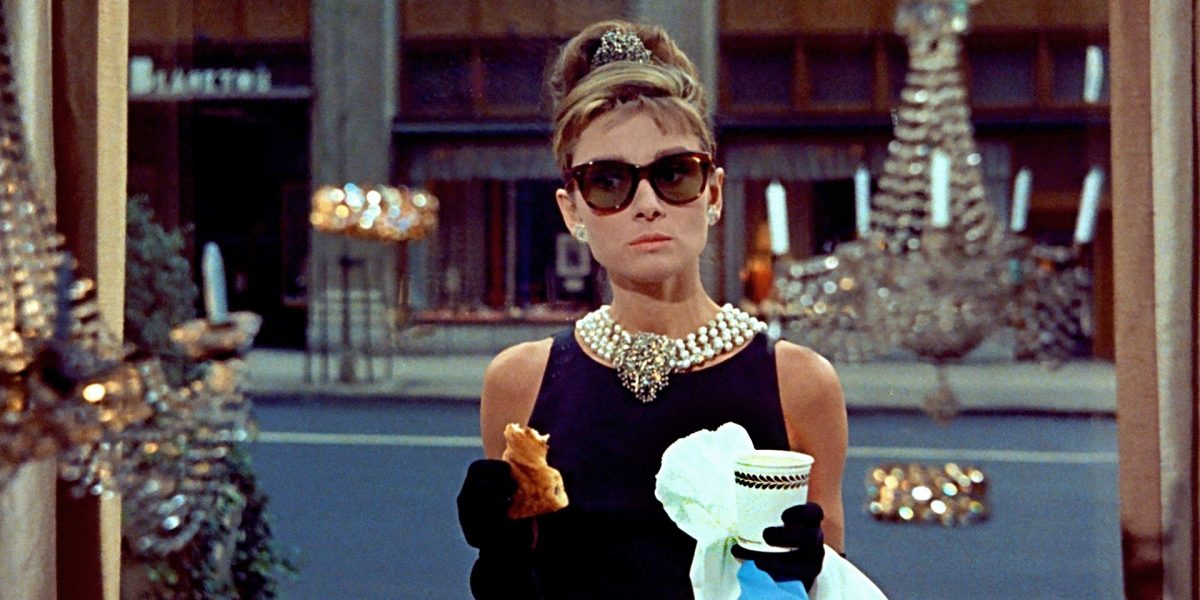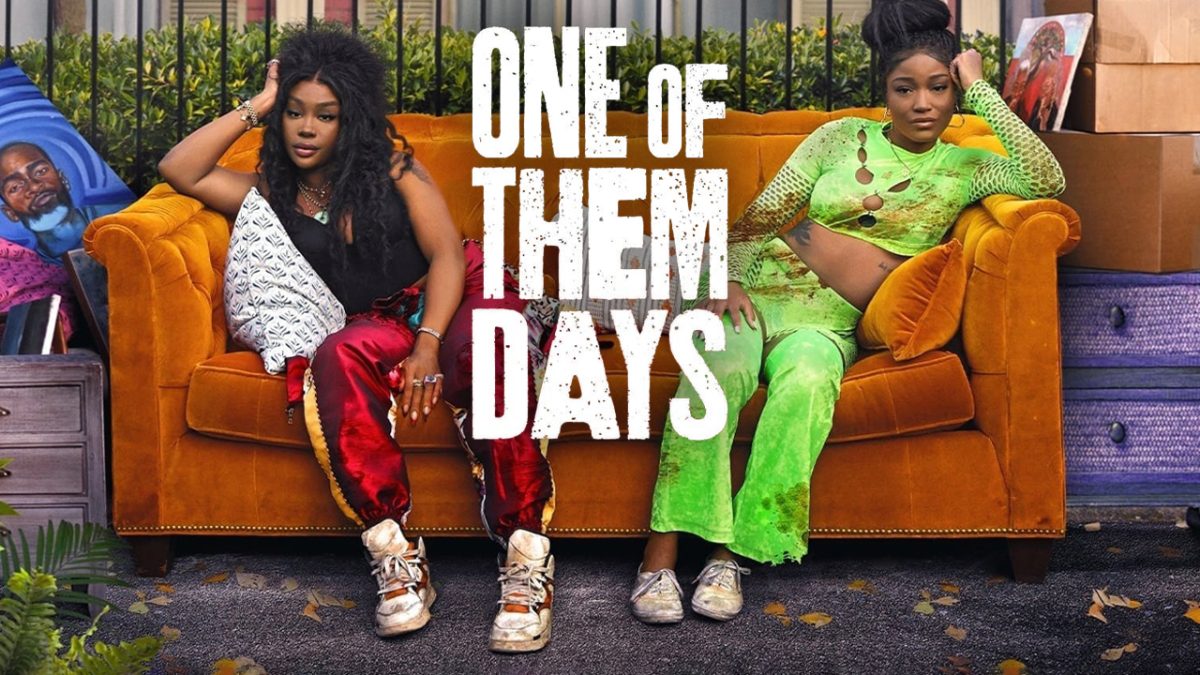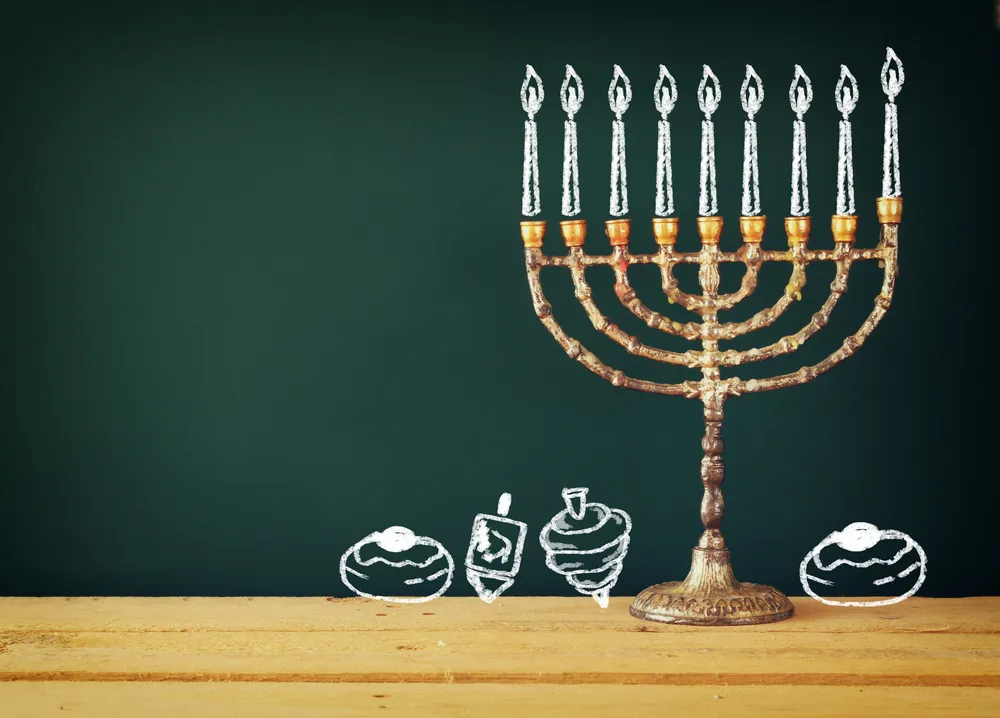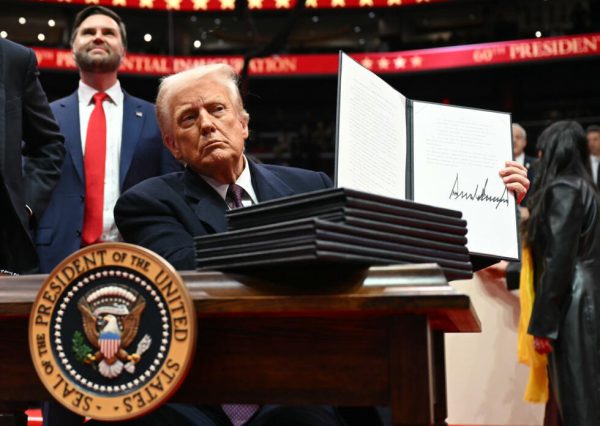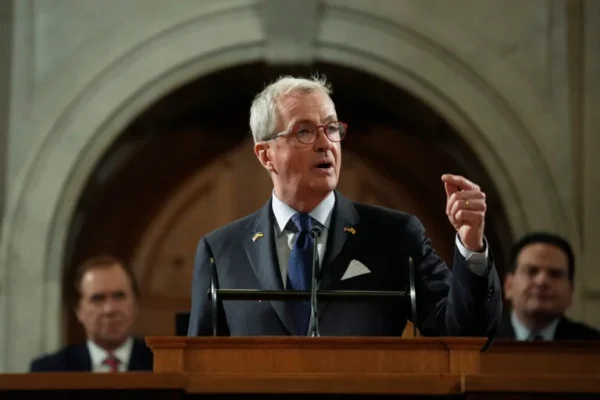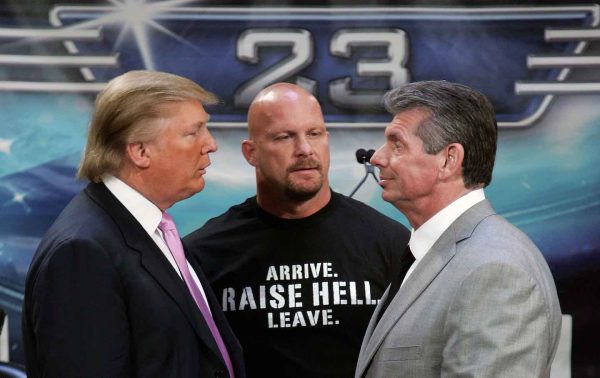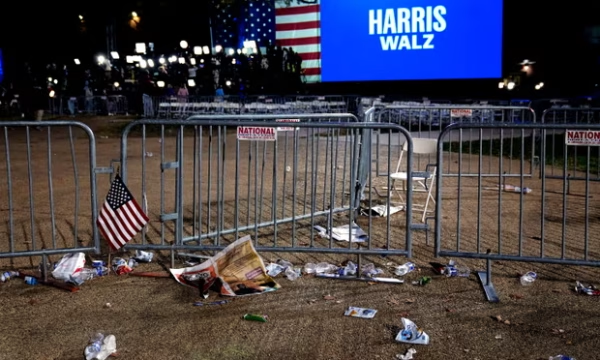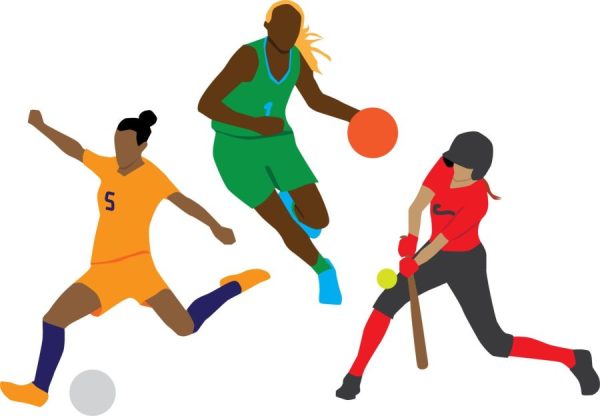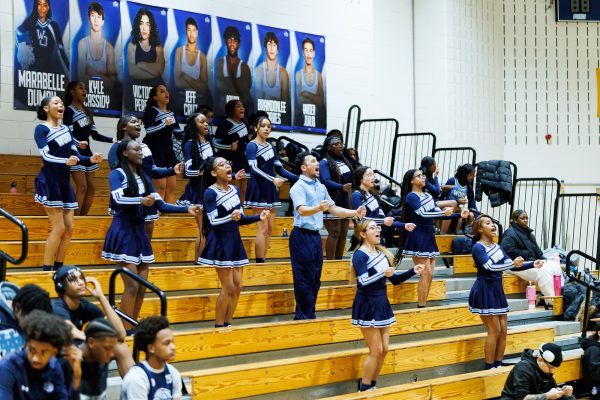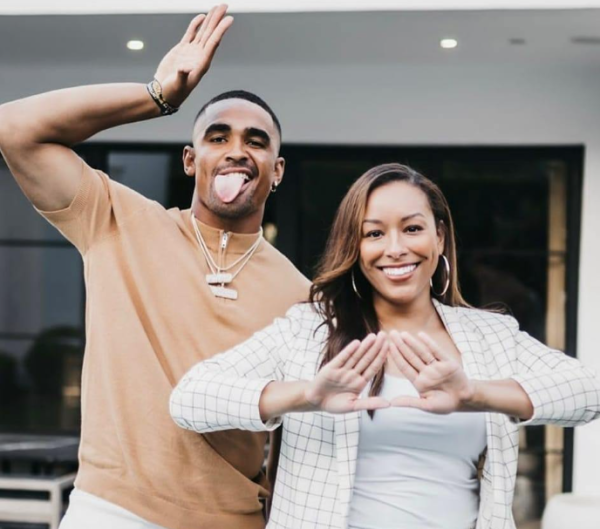Athletes in Politics
Professional athletes across all sports have used their platform to raise awareness and take a stand in the Black Lives Matter (BLM) movement. Athletes first started speaking out when Trayvon Martin was killed in 2012. After that we have seen it through Colin Kaepernick’s kneeling during the national anthem, St.Louis Rams players entering a field with a “hands up” gesture in November 2014, and NBA players who wore “I can’t breathe” T-shirts the following December. Despite this, it is more prevalent in today’s sports than ever before. Following the murder of George Floyd, athletes everywhere have been speaking out about police brutality and systematic racism.
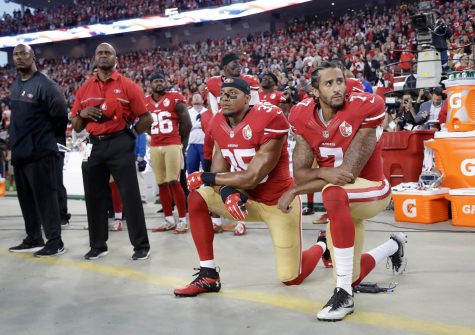
Years ago when Kaepernick took a knee he was told that he was disrespecting America and was bombarded with criticism and ultimately lost his career. However, it is clear to see that he was in fact spot on and was merely predicting the future. He told the truth and made people uncomfortable and was unfairly penalized for his views. As a result, he hasn’t played in the NFL since 2016.
Following the recent protests, many athletes have revisited Kaepernick’s stance and joined him in his activism. LeBron James tweeted a picture of Kapernick kneeling alongside a picture of Officer Derek Chauvin pressing his knee into George Floyd’s neck with the words “This…Is Why” titled above. His caption was, “Do you understand NOW!!??!!?? Or is it still blurred to you??”
Many others who did not say anything before are now praising Kaepernick and expressing their regrets for not joining him. Others are saying that they now understand Kaepernick’s viewpoint and wish they had understood earlier.
Whether athletes are just now understanding or have been aware of this injustice from the beginning, no one is afraid to speak out. Check out these examples of athletes across many different sports and countries taking part in the BLM protests:
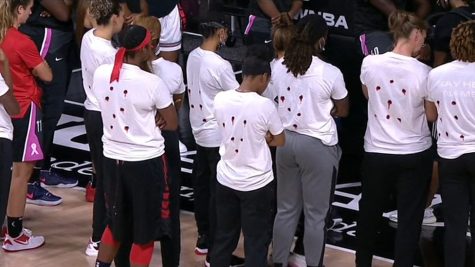
- Washington Mystics each wore white T-shirts with seven bullets on the back protesting against the shooting of Jacob Blake who was shot in the back seven times.
- The NBA’s Milwaukee Bucks made headlines in August when they decided to boycott a playoff game against the Orlando Magic. The Bucks were responding to the police shooting of Jacob Blake, which happened in Kenosha, Wisconsin, about 40 miles from Milwaukee. Many other sports postponed their games the day of the shooting.
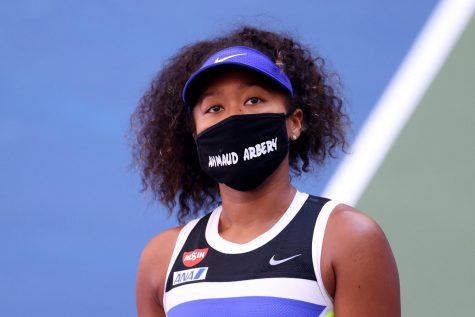
Naomi Osaka with “Ahmaud Arbery” printed on her mask. - “Black Lives Matter” has been seen frequently on the back of jerseys and displayed everywhere in stadiums.
- Naomi Osaka wore a face mask with a different name of a victim of police brutality for each of her matches in the US Open.
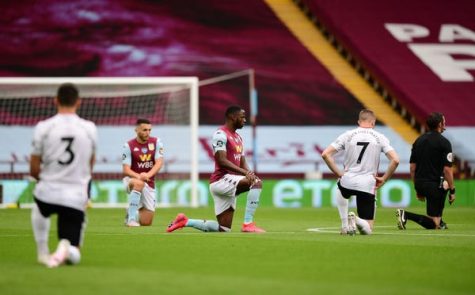
Aston Villa and Sheffield United take a knee before their game - The first seconds of each Premier League match in England start with each player on both teams taking a knee.
- Formula One driver Kimi Raikkonen wore an “end racism” shirt before a race in Barcelona, Spain, on August 16.
- Tyler Wright, a two-time World Surf League Champion, took a knee before competing in an event in Tweed Heads South, Australia, on September 13, with “Black Lives Matter” printed on her board.
Despite athletes attempting to spread awareness to a pressing issue, there have been many people who have criticized these athletes for speaking on political topics.
In 2018 Laura Ingraham of Fox News shared her opinion about LeBron James and Kevin Durant criticizing President Trump. She stated, “LeBron and Kevin, you’re great players but no one voted for you. Millions elected Trump to be their coach, so keep the political commentary to yourself, or as someone once said, shut up and dribble.” She also added that it is “unwise to seek political advice from someone who gets paid $100 million a year to bounce a ball.”
Others have similar opinions and are encouraging athletes to stay in their respective fields and out of politics. Others are angered by the protests and boycotts of sports and calling the athletes soft for not participating.
It is important to see the point of the protests and boycotts. It is also important to understand that athletes have such huge platforms and followings and most will choose to use them to their advantage.













































